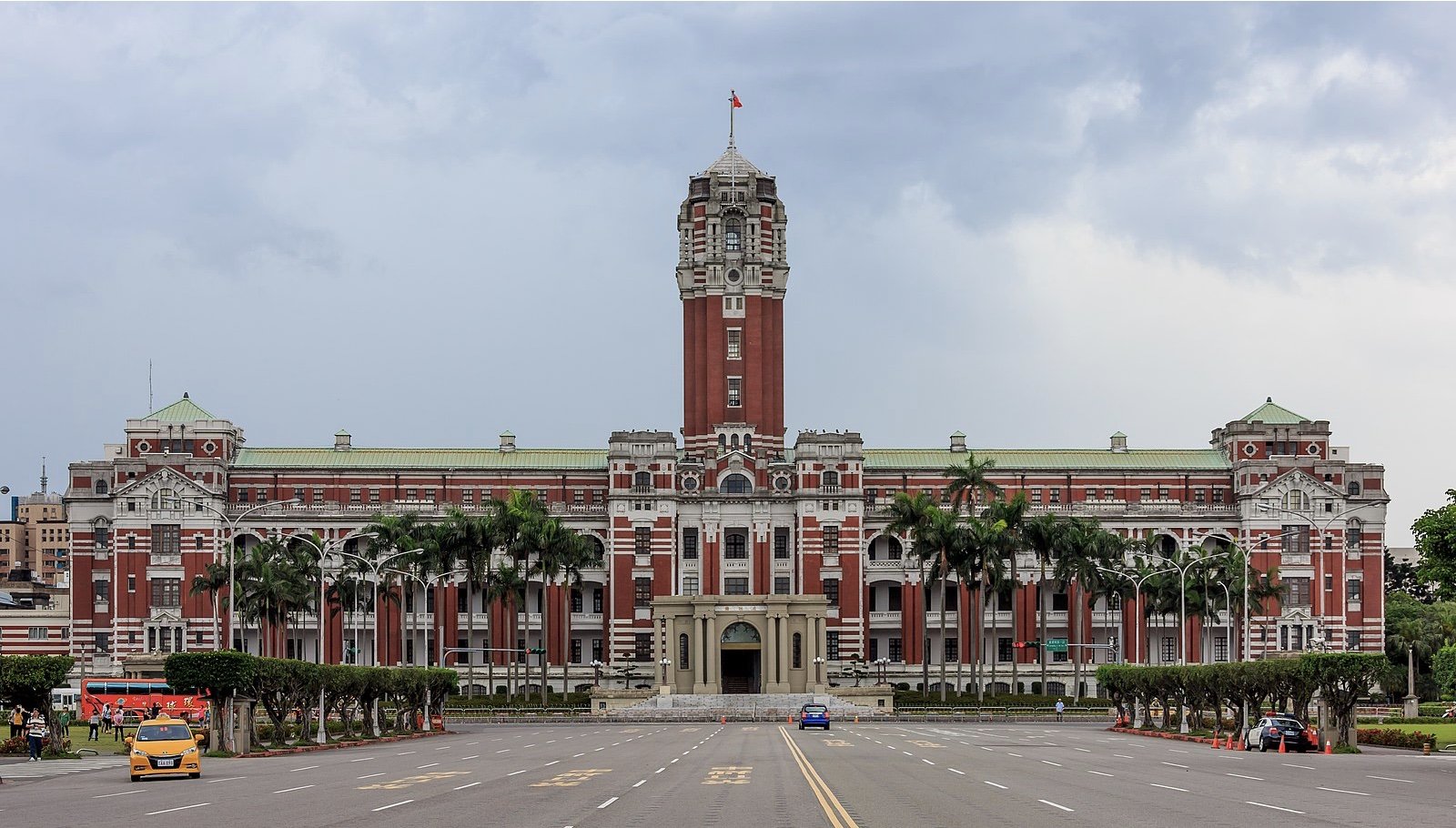Photo courtesy of CEphoto, Use Aranas via Wikimedia Commons.
Chinese delegates visited Taiwan causing disagreement from pro- and anti-independence groups.
By Kiera McLaughlin ’26
Staff Writer
Last week, tensions rose in Taiwan when six Chinese delegates visited for the first time since the beginning of the pandemic, The Guardian reported. This has prompted partisan disagreements in Taiwan due to Beijing’s recent restatement of its position against Taiwanese independence. According to The Guardian, pro-independence supporters protested the Chinese delegates’ arrival outside the airport, yelling “Taiwan and China, separate countries” and “Chinese people, get out.” This protest was contrasted by a group of demonstrators in support of the visit, waiting at the airport to welcome the delegates.
Taiwan’s independence has been based on a history that is controversial because of the differing Chinese and Taiwanese interpretations. The BBC News reported on this history, placing original Chinese control of Taiwan in the 17th Century under the Qing dynasty. Then after losing the first Sino-Japanese war in 1895, China handed the island over to Japan. Only fifty years later, China took Taiwan back after Japan lost World War Two in 1945, but this led to a civil war on mainland China between the nationalist government and the Communist Party, according to BBC News.
While China argues that this history supports their claim against Taiwan’s independence, the Taiwanese use the same historical evidence to argue that Taiwan was never a part of modern China, which was originally formed in 1911 after the revolution, or the communist regime in 1949 that established the current People’s Republic of China, BBC News reported.
The Taiwan Mainland Affairs Council approved of the recent three-day visit as long as it was kept “low-key and without public political statements”, The Guardian reported. According to United Press International, the visiting delegation claimed that they wanted the visit to establish “healthy” conversation with each side and “increase goodwill and further mutual understanding.”
However, this sentiment was not shared by Democratic Progressive Party representatives or the pro-independence public. In an interview with Reuters, Chilly Chen, the head of the pro-independence Taiwan Republic Office, said that “the Taiwanese people were very hospitable and welcomed visitors but were concerned [that the delegates] were coming to push Chinese policies on the democratic island.”
According to the Financial Times, the lack of communication between the two states originated when China cut all relations with Taiwan after President Tsai-Ing-Wen, a member of the pro-independent Democratic Progressive Party, won office in 2016. Since then, China has threatened Taiwanese independence by promising to invade if Taiwan does not eventually comply. The People’s Liberation Army, the Chinese military force, has since increased its presence around Taiwan. Taiwan’s own military identified 24 Chinese military aircrafts near the island on Feb. 18, which was the most they had detected since Feb. 1, according to the Financial Times.
According to The Guardian, on Feb. 18 China’s foreign minister, Wang Yi, assured the audience at the Munich Security Conference that “Taiwan is part of Chinese territory” and that “it has never been a country and it will not be a country in the future.” Soon after, Taipei Times reported that The Mainland Affairs Council came out in opposition of Wang Yi’s claims about Taiwan’s dependence on China. The council, using Taiwan’s official name, stated that “the Republic of China is a sovereign nation that has never been and never will be a part of the People’s Republic of China.”
According to the Taipei Times, there are also complexities to the United States’ involvement in Taiwanese and Chinese relations. Taipei Times reported that U.S. Secretary of State Antony Blinken had an informal meeting with Wang Yi. Blinken restated that President Biden will defend the shared principles and interests of the U.S. and Taiwan, but does not want any disputes with China and encourages both countries to have “effective communication channels.”
Only a few days later, China criticized Deputy Assistant Secretary of Defense for China Michael Chase for visiting Taiwan. Spokesperson Zhu Fenglian said Beijing “resolutely opposes interaction and military collaboration” between the U.S. and Taiwan, PBS reported. According to The Hill, a Pentagon spokesperson said that the “U.S. commitment to Taiwan is ‘rock-solid’ and that it helps to maintain peace and stability in the region,” without directly addressing Chase’s visit to Taiwan.
In response, Wang Wenbin, the Chinese Foreign Ministry spokesperson, said “we urge the U.S. to […] stop any form of official U.S.-Taiwan contacts, stop meddling in the Taiwan issue and stop creating new factors of tension in the Taiwan Strait,” an article from The Hill reported. Along with formally advising the U.S. on what to do regarding Taiwan, PBS reported that China has claimed to have a “no limits” relationship with Russia. China is continuing to blame the U.S. and the North Atlantic Treaty Organization for “provoking the Kremlin.” China has also disagreed with sanctions on Russia, which has led to Russia actively supporting China over Taiwan, PBS explained.
This situation has not only caused tense relations between China and Taiwan but between China and the United States, due to the vague promise by the U.S. to protect Taiwan due to their shared values. China has created an atmosphere around Taiwan’s independence that has forced the country into isolation. According to PBS, because of this, Taiwan has only 14 formal allies, yet many unofficial supporters.

